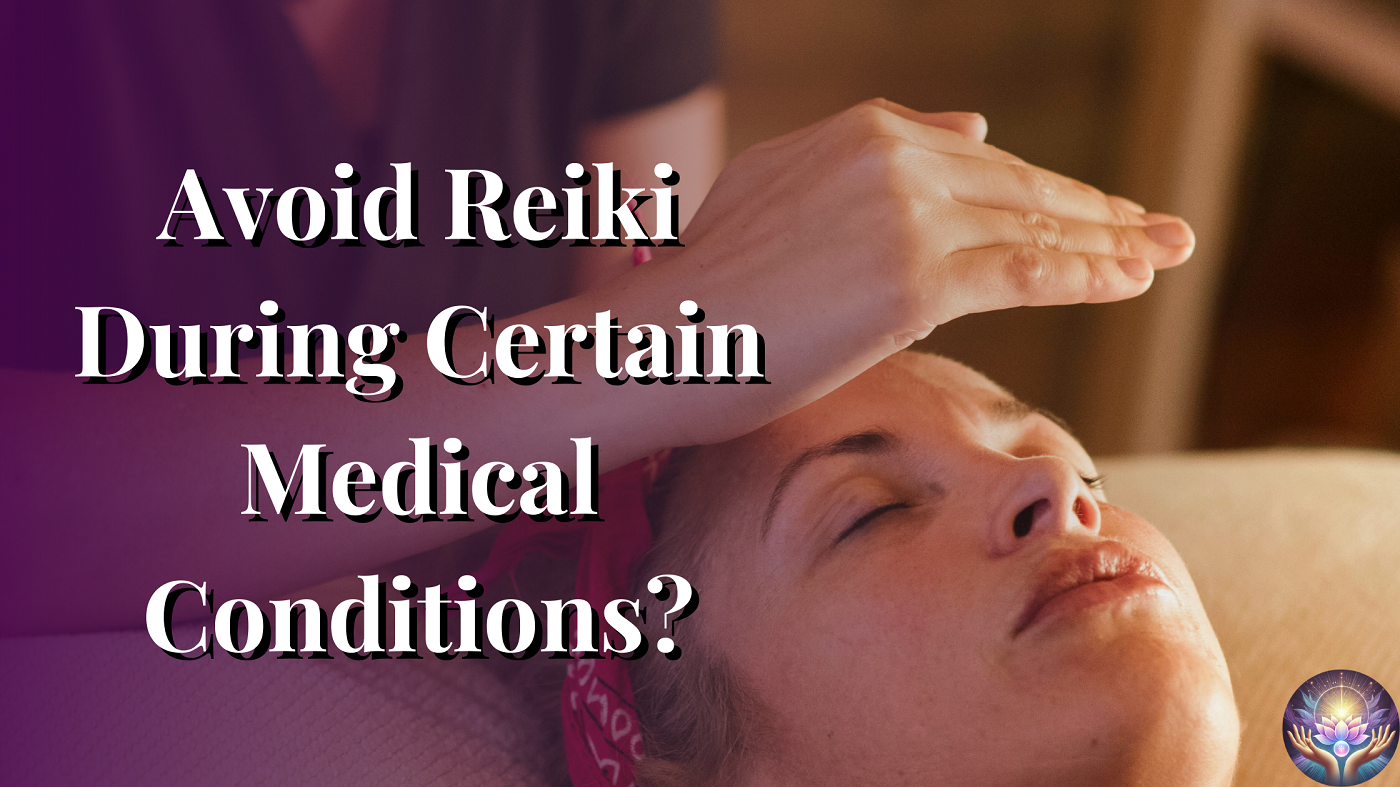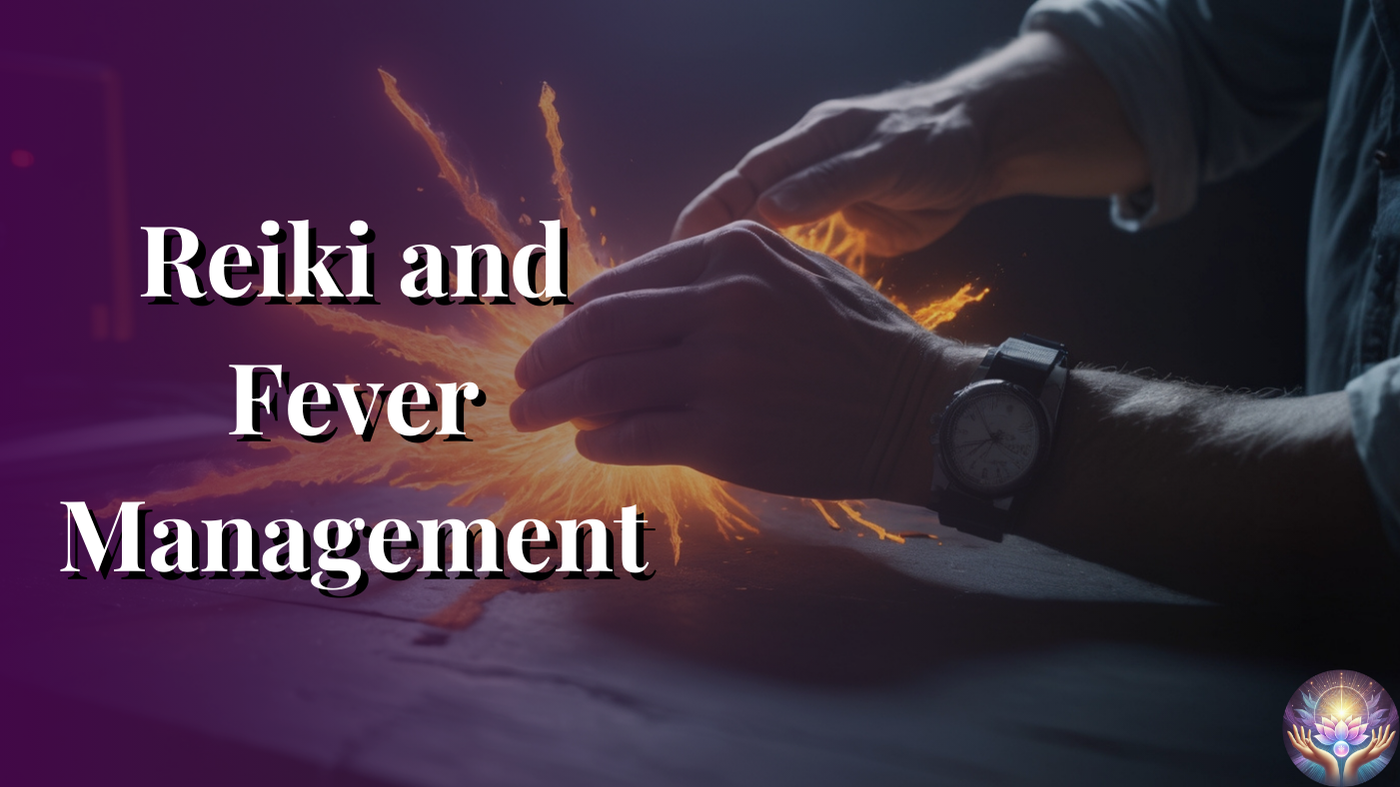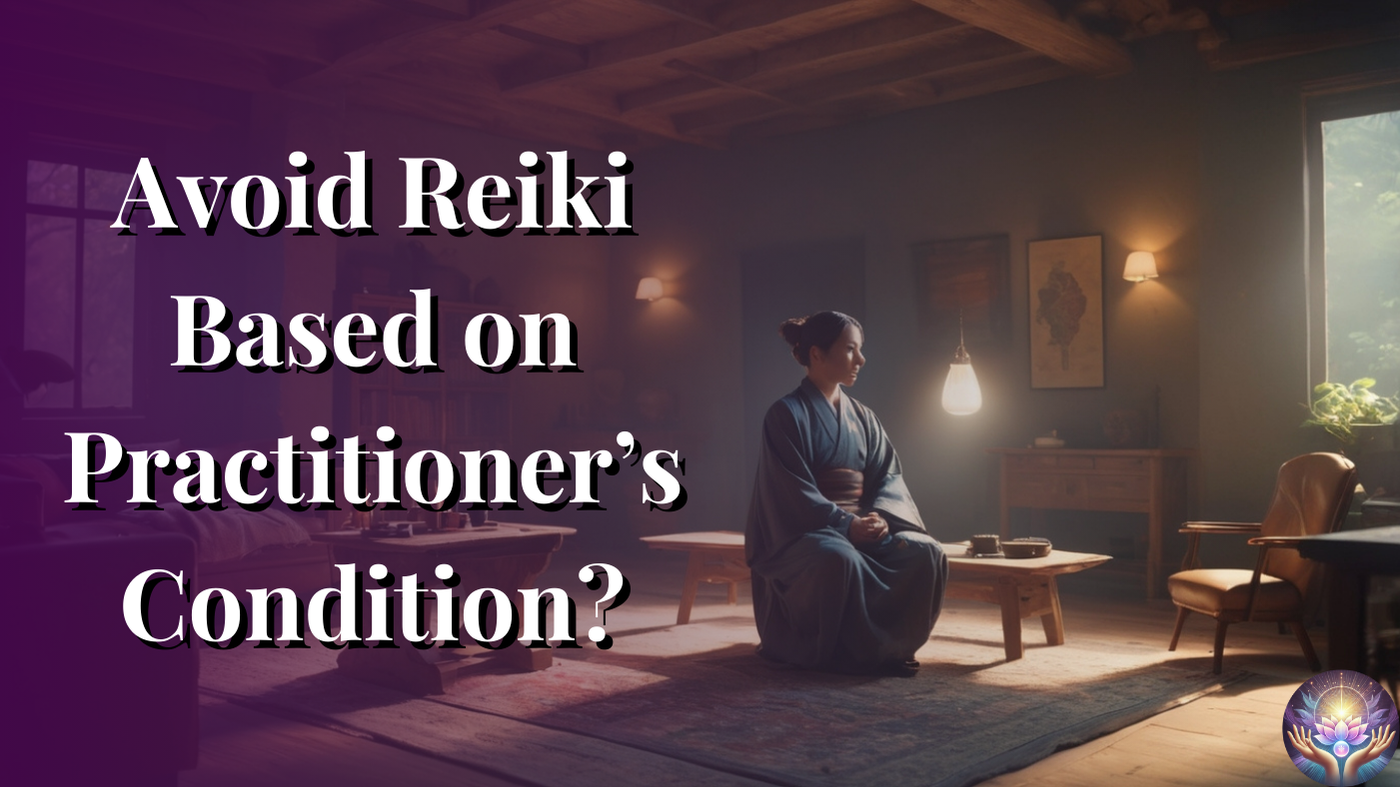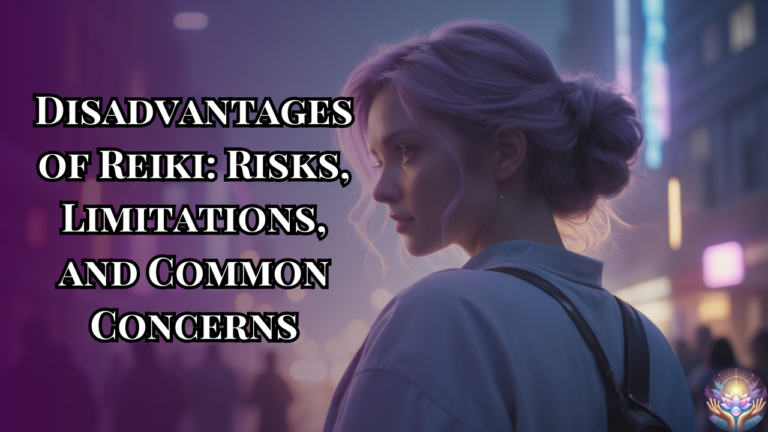Introduction
Reiki is a gentle and versatile healing practice that promotes balance and well-being. However, while it is generally safe and non-invasive, there are specific situations where caution is needed. Who should avoid Reiki? This guide explores the circumstances where Reiki may not be suitable and provides safety guidelines for practitioners and recipients. By understanding Reiki contraindications and following Reiki safety guidelines, you can ensure a safe and effective healing experience.
Who Should Avoid Reiki During Certain Medical Conditions?

Reiki is not a replacement for medical care, and there are cases where caution is crucial to avoid potential risks.
Reiki and Pacemakers
Avoid sending Reiki directly over a pacemaker. Reiki energy does not differentiate between human energy and mechanical devices, potentially interfering with the pacemaker’s function.
What to Do Instead:
- Administer Reiki above or below the pacemaker area, ensuring the device is not affected.
Reiki Before Setting Broken Bones
Reiki should not be performed before broken bones are medically set. The energy can start the healing process prematurely, causing the bone to fuse improperly.
Precaution:
- Wait until a medical professional has aligned the fracture before applying Reiki.
Reiki During Surgery
Avoid sending Reiki while a person is under anesthesia, as the energy may interfere and cause premature awakening.
When to Use Reiki:
- Start Reiki sessions after surgery to support recovery.
Who Should Avoid Reiki During Specific Situations?
Reiki is very effective healling technique but every thing have a perfect time, and reiki have it too and the not to do scenarios are mentioned below.
Reiki and Fever Management

Why Avoid Reiki During High Fevers?
Reiki can raise the body’s energy levels, which might further increase an already high fever, leading to potentially dangerous outcomes.
What to Do Instead:
- Begin by drawing energy out of the body to reduce the fever before continuing with Reiki healing.
Reiki While Operating Machinery
Performing Reiki on someone driving or operating heavy machinery can be dangerous. Reiki’s relaxing effects can cause drowsiness or even sleep.
Safety Tip:
- Always ensure the recipient is in a safe, stationary environment before beginning the session.
Who Should Avoid Reiki Based on Practitioner’s Condition?

When Practitioners Are Unwell
If the practitioner is sick, they should avoid giving Reiki. The energy will redirect to the practitioner, leaving little benefit for the client.
Solution:
- Reschedule the session until the practitioner feels better. Clients will appreciate the consideration once they understand the reason.
When Practitioners or Recipients Are Intoxicated
Reiki sessions should not take place when either party has consumed alcohol or drugs. These substances can intensify sensations and make the experience uncomfortable.
Guideline:
- Wait until all substances are out of the system before practicing Reiki.
Precautions for Reiki Safety: Ensuring the Best Outcomes
To ensure Reiki is safe and beneficial, follow these Reiki safety guidelines:
- Verify that the recipient is in a calm, safe environment.
- Avoid treating individuals with contraindicated conditions without consulting a healthcare professional.
- Always communicate openly with clients about safety precautions.
FAQs About Who Should Avoid Reiki
Q1: Is Reiki safe for everyone?
Reiki is generally safe, but certain conditions, like high fever or pacemakers, require caution.
Q2: Can Reiki replace medical treatment?
No, Reiki is a complementary therapy and should not replace professional medical care.
Q3: What are the risks of Reiki during surgery?
Reiki may interfere with anesthesia, causing premature awakening. It’s best to wait until surgery is complete.
Conclusion
Understanding who should avoid Reiki is essential for maintaining safety and ensuring effective healing. While Reiki is a powerful and versatile practice, certain medical conditions and situations require extra care.
By following these Reiki safety guidelines and avoiding contraindicated scenarios, you can provide a safe and transformative experience for both practitioners and recipients. Always prioritize safety, communicate openly, and use Reiki as a complementary tool to enhance overall well-being.







